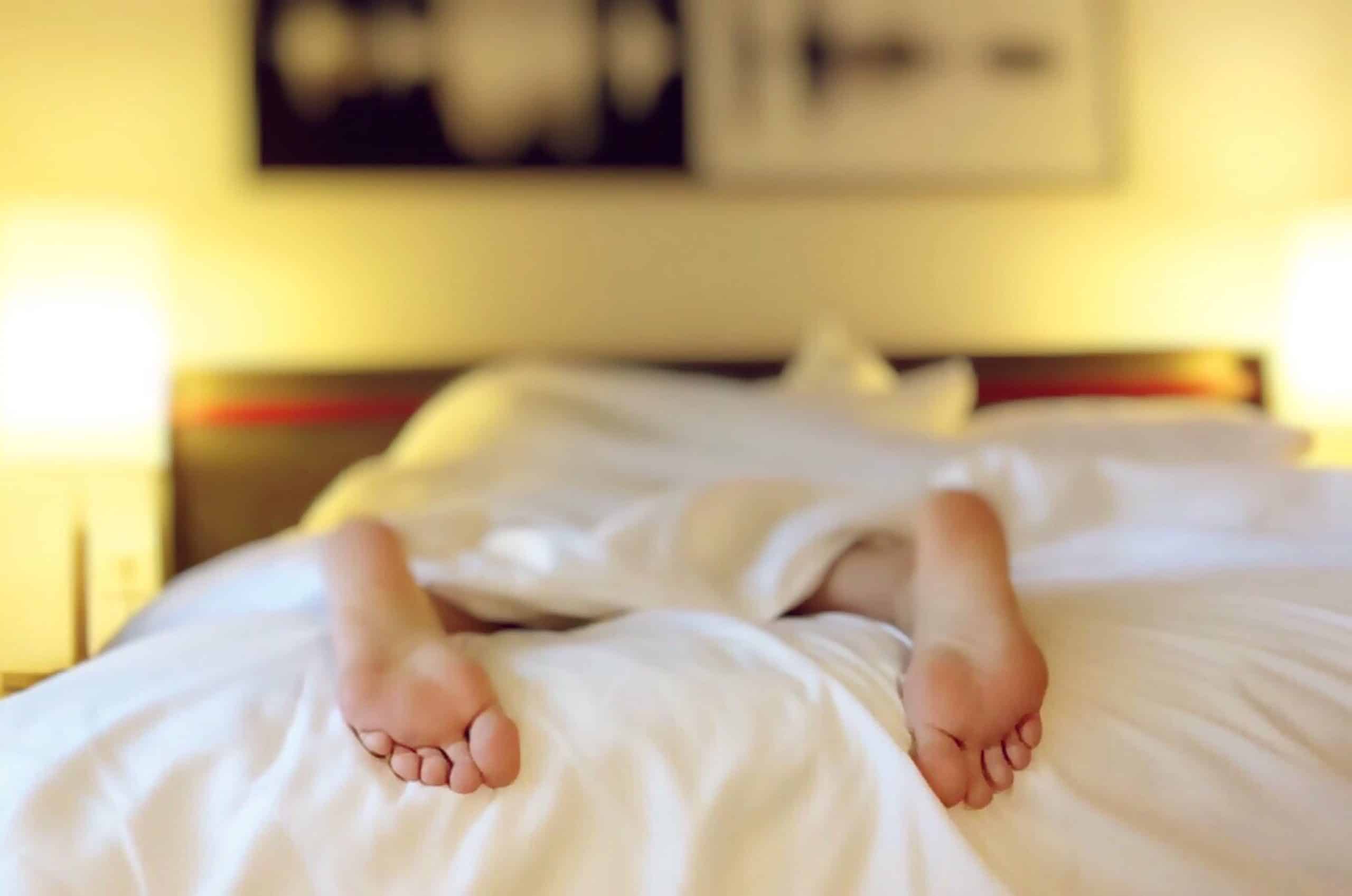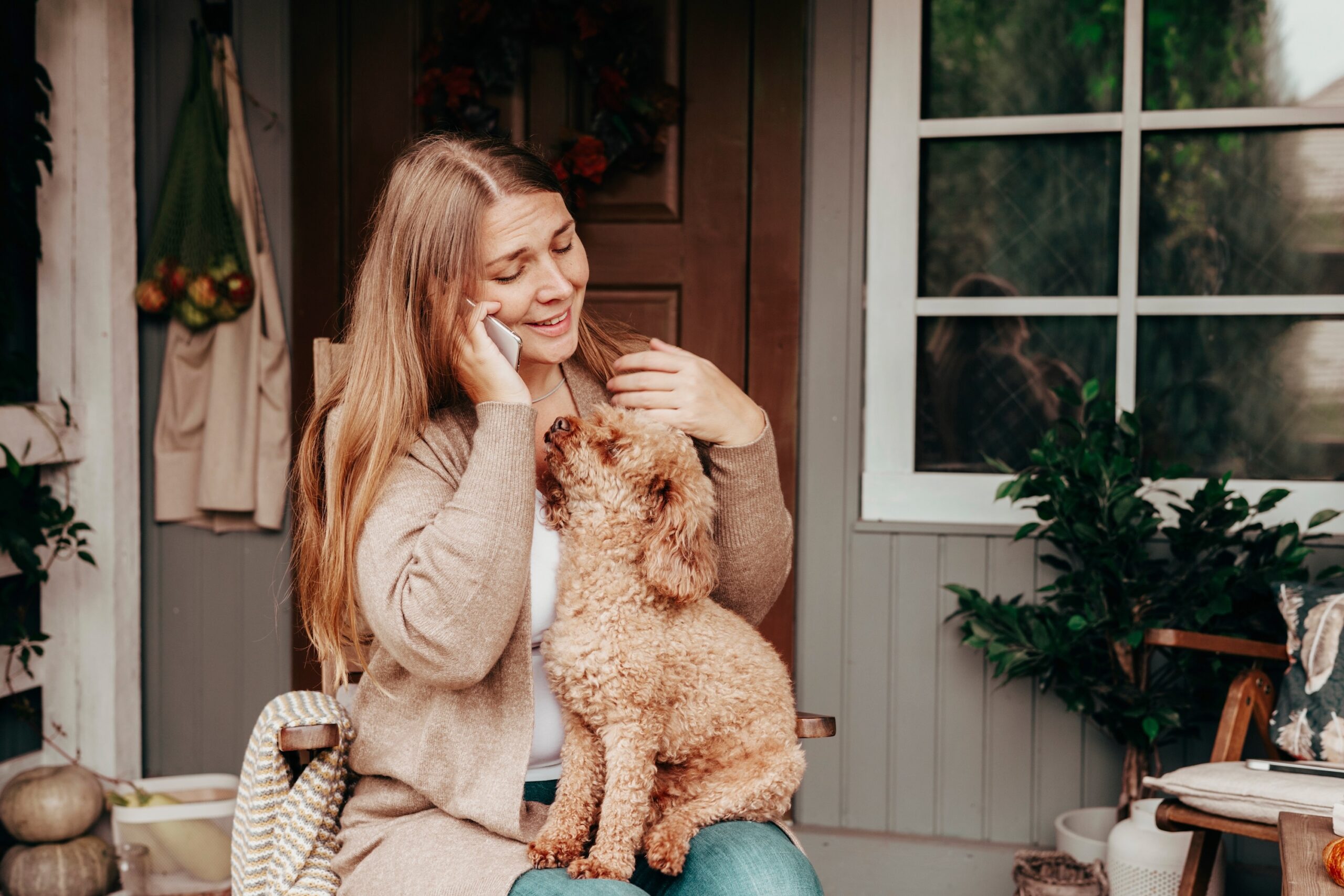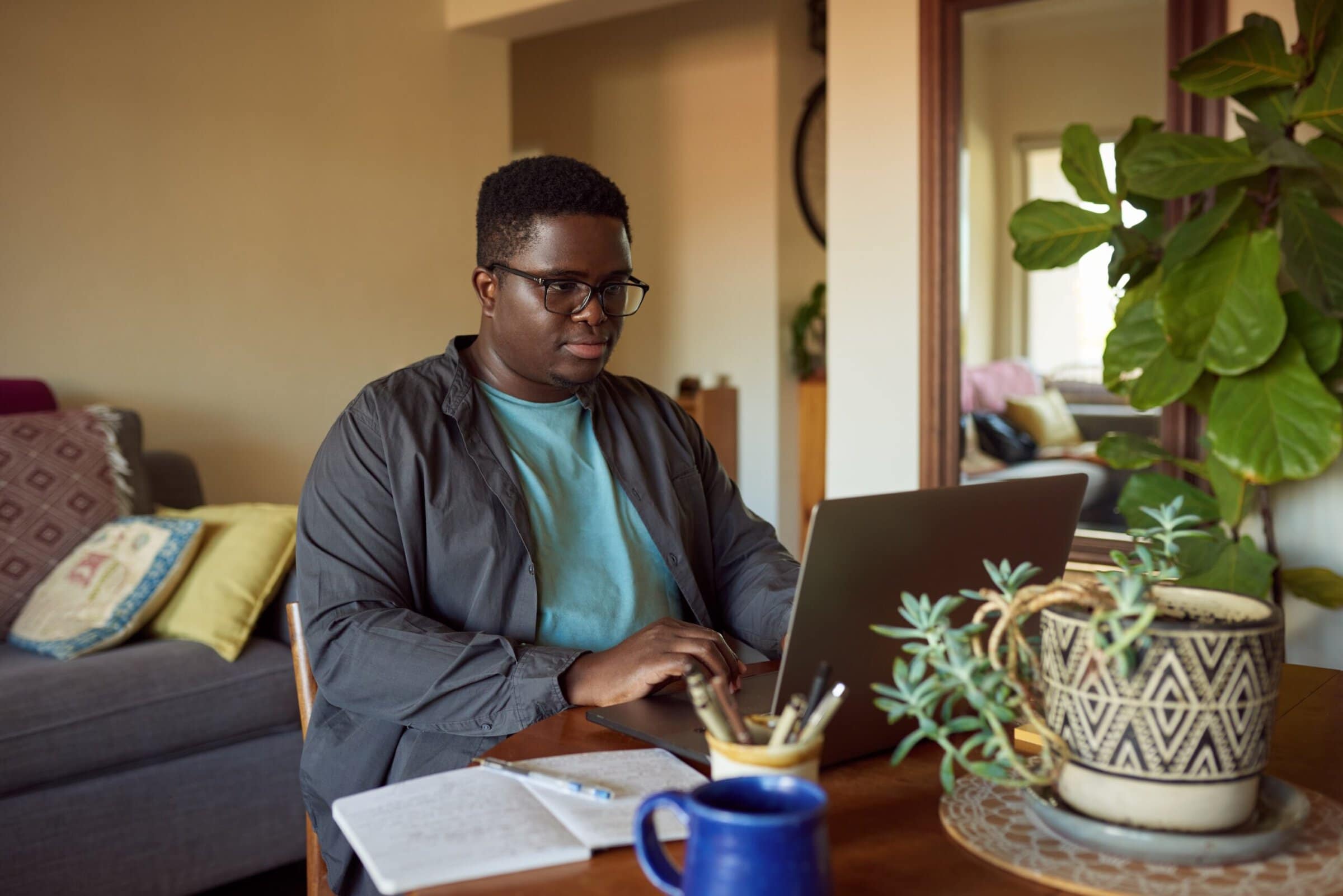Author: Chelsea Denlinger
How anxiety affects sleep
Everyone experiences some degree of anxiety. Anxiety in the form of excessive worry can overwhelm people and disrupt their sleep. Too much worry can interfere with people’s ability to relax at night and go to sleep. There are many reasons why people feel anxious at night, including worrying about when they are going to sleep, reviewing demands for tomorrow, or dealing with end-of-the-day stress.
It’s also common for us to feel tired and have difficulty shutting down our bodies. This, unfortunately, results in poor sleep. Your body needs sleep to rejuvenate itself. Sleep deprivation is associated with significant health problems. Too little sleep affects a person’s immune system, heart, endocrine system, attention span, and weight (CDC). It’s important to talk with your doctor about any issues that you experience with sleep. Otherwise, it’s a vicious cycle. Luckily, Noom is here to help you relax and fall back to sleep! Small changes in your lifestyle will work wonders to improve your quality and quantity of sleep.
Becoming aware of how anxiety impacts your sleep
Before you see a doctor or take mediations, play detective. Ask yourself why your anxiety is worse at bedtime and what you can do to ease your anxiety during this time. Try to track these patterns in a journal to reflect on your responses. Also, consider investing in a wearable sleep device to track your circadian cycle. The first step to improving your sleep is observation.
How to develop a nighttime routine
The second step is to create a tailored bedtime routine. The routine may take 30 minutes to 1 hour. Most people need a routine at night before they fall into bed, plus a bedtime routine will determine how quickly you will settle to sleep. Try these seven tips from the Journal of Health Psychology to establish a positive bedtime routine:
1) Exercise during the day. Regular exercise at moderate intensity for at least 30 minutes for five or more days a week can help to fall into a deep sleep. Vigorous exercise is best done two hours before going to bed. Moderate exercise is like a brisk walk where you can still carry a conversation. Vigorous exercise is similar to a run where you’re breathing more rapidly.
2) Feed your hunger at least two hours prior to sleep. Going to bed on an empty stomach can cause you to wake up in the middle of the night. Also, drink alcohol no more than two hours before bedtime and caffeine no more than one hour before bedtime. Trips to the bathroom at night and increased heart rate can keep you in an anxious state.
3) Stick to a sleep schedule. A regular sleep schedule during the week and on the weekend helps maintain your body’s internal clock. For a sleep schedule to be consistent, take naps no longer than one hour, sleep and wake at the same time daily, and wake up as soon as your alarm goes off. A sleep schedule also makes it possible to follow your bedtime routine on a consistent basis.
4) Prepare your environment. At night, you want a dark, quiet, and cool room to fall asleep. Try adjusting your thermostat to a lower temperature, changing to cotton linens, or taking a shower/bath before bed. Your environment can help trigger a relaxing atmosphere at night to help you fall asleep more comfortably.
5) Quiet your mind. Before you go to bed, empty your worries and anxieties for calmer rest. Write your to-do tasks for tomorrow down on paper and arrange them from the most to least urgent. Another strategy is to write your anxious thoughts on a piece of paper then crumble it up and throw away to let them go. A clear mind is a more relaxed mind.
6) Turn off electronics at least one hour before bed. According to Exelmans & Van den Bulck (2016), mobile phones used in the bedroom lead to higher insomnia, a later wake up time, shorter sleep duration, and greater fatigue. An alternative is to filter blue light from digital devices to help increase melatonin production. Melatonin is a hormone that tells your body that it’s nighttime and helps you fall asleep more easily.
7) Find low-stimulating activities for relaxation. Calm your mind for at least 30 minutes by reading a book, flipping through a magazine, listening to soothing music, deep breathing, stretching, or meditating. Another way to unwind before bed is by listening to an audiobook or podcast. Right before bed is a great opportunity to practice your acts of self-care.
What to do if you wake up in the middle of the night
It’s common for anxiety to cause bedtime battles. Those battles can result from arousal-related behaviors, exercise, food/beverage, sleep schedule, and sleep environment. If after trying these seven sleep strategies you still wake up in the middle of the night, try the following:
1) get out of bed,
2) remove yourself from the bedroom or sit in a chair in the bedroom, and
3) do screen-free activities to get sleepy again.
If you’re looking to improve your sleep, manage your stress, and work on your other health goals, start your Noom trial today!
Why you can trust us
At Noom, we’re committed to providing health information that’s grounded in reliable science and expert review. Our content is created with the support of qualified professionals and based on well-established research from trusted medical and scientific organizations. Learn more about the experts behind our content on our Health Expert Team page.



 Noom Team
Noom Team

 Meaghan Cameron
Meaghan Cameron


 Shoshana Fishbein
Shoshana Fishbein